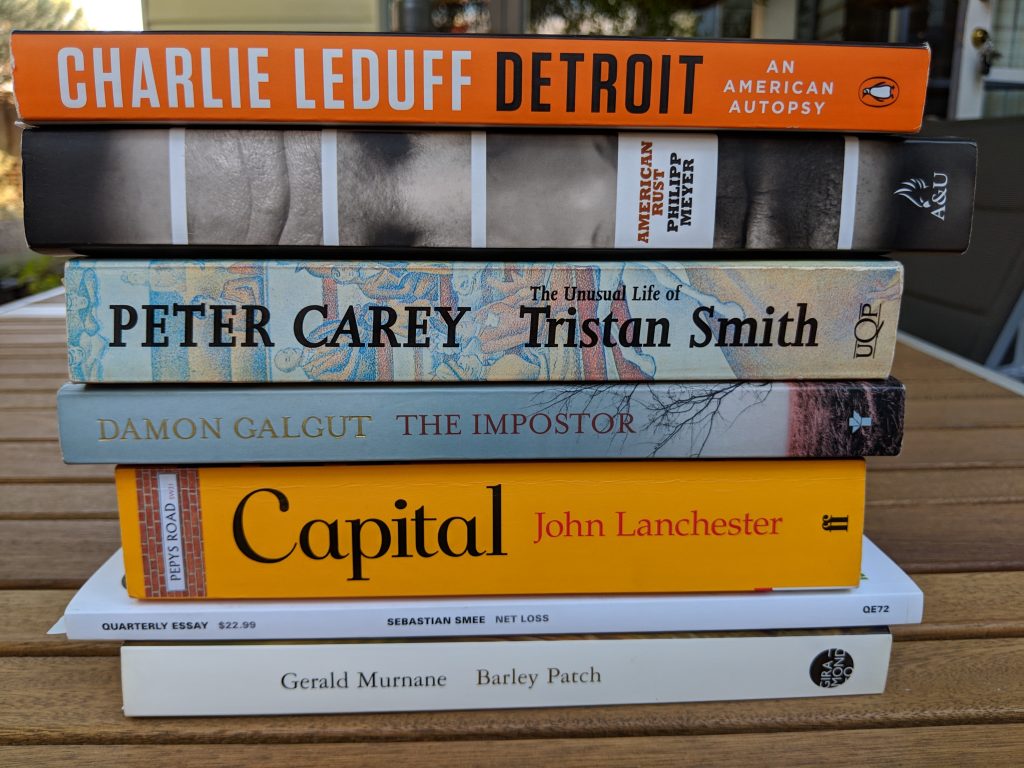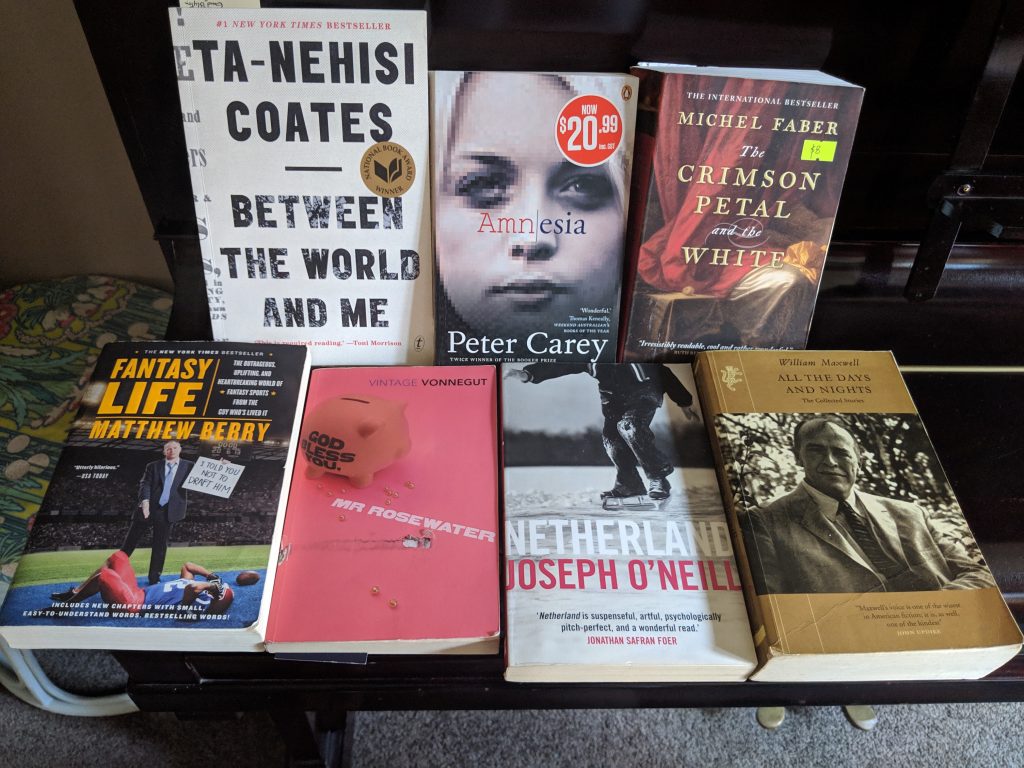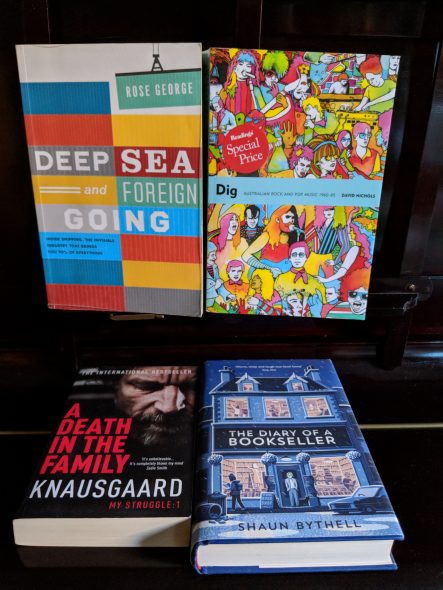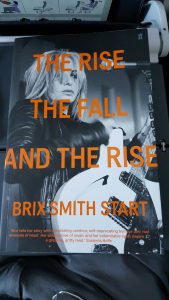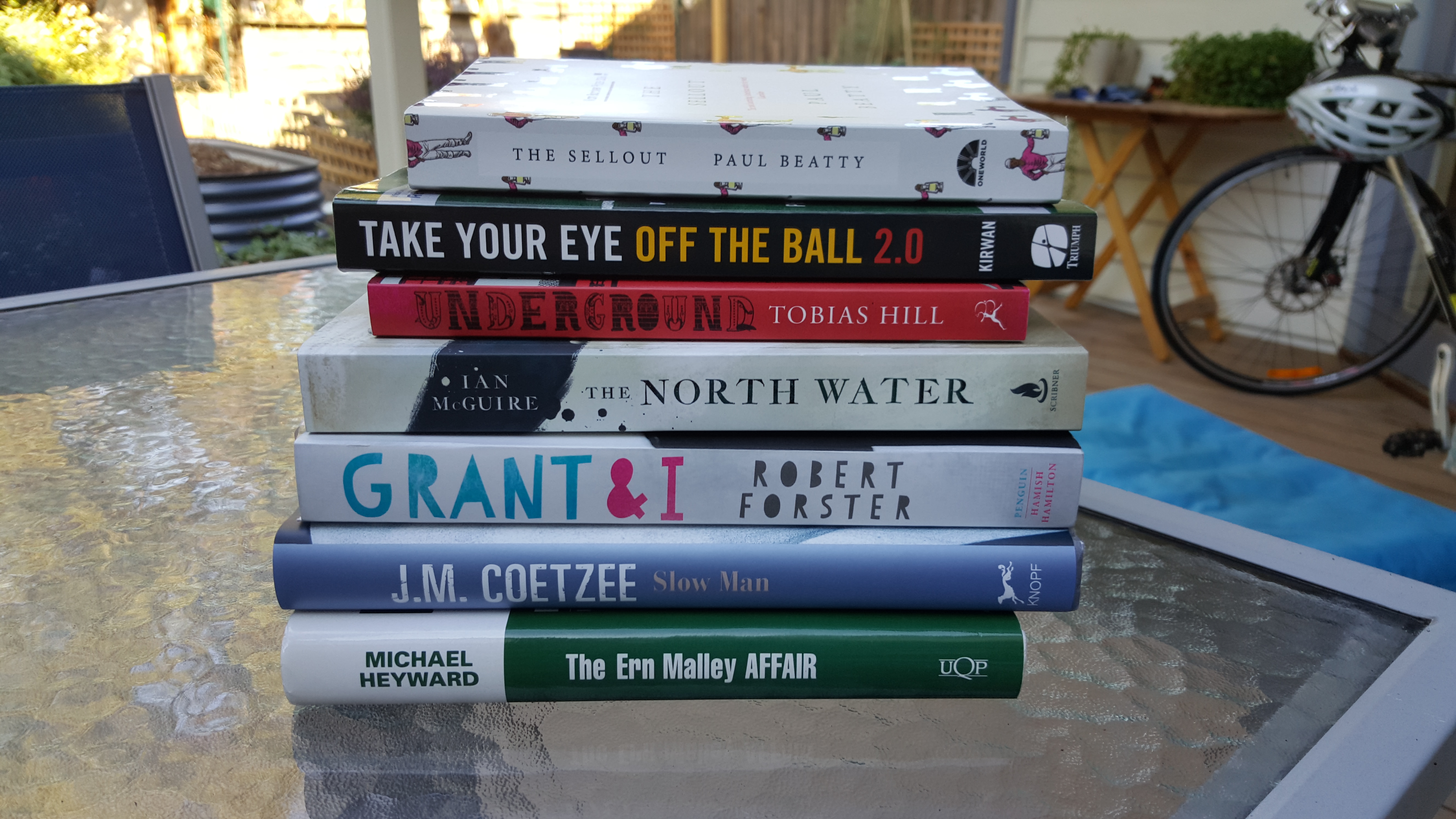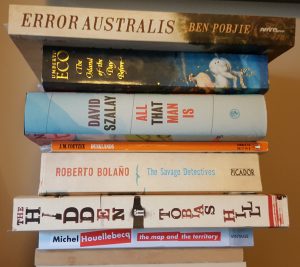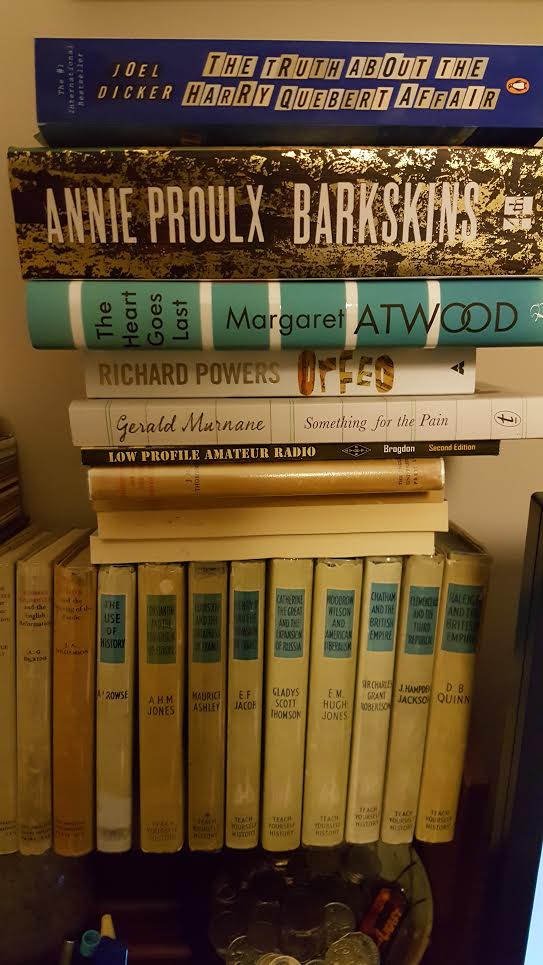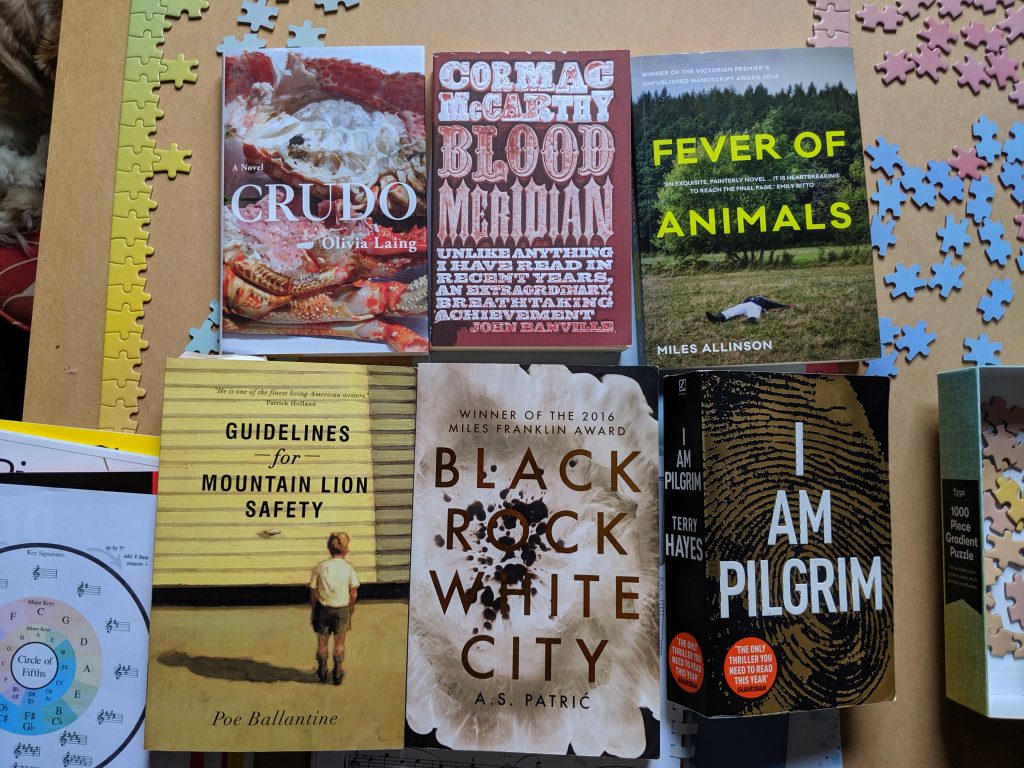
What a wonderful set of books to have to write about – fresh off our cruise, I found books 3,4 and 5 for 3 bucks in an Op Shop and devoured them all, before finishing off with my yearly crime/thriller pulp for a bit of 900 page fun.
Bought in New Zealand on our cruise, Crudo by Olivier Lang came recommended by someone on Twitter, and is really not my normal thing, but I enjoyed it. Anxious, paranoid, and worried about an uncertain political future, the narrator edges towards a future marriage like it’s a doomsday clock, afraid of everything it will bring. The writing is wonderfully dense with imaginative, seemingly disconnected phrases joined into sentences, always surprising and keeping you unbalanced as a reader. I found it a little self-conscious at times but found myself wanting more at the end. 4 stars.
Blood Meridian by Cormac McCarthy had been sitting on my shelf for years, and I think the cover and font put me off it for a long time, when I really should have been more fearful of the content in hindsight. Telling the historically true story of an 1850’s young teenage runaway that is enlisted in a group of hard men bounty hunting for Indian scalps along the Texas- Mexico border, it was compelling and repetitive at times, but hands down it was the most relentlessly bleak and murderous book I’ve ever read. I would not recommend it to most people, because there sections which did sicken this sensitive modern reader, some of which involved animal cruelty and the murder of many, many innocents. Not since Bolano’s 2666 have I felt such revulsion, and yet Blood Meridian goes way further, to the point of being apocalyptic. All through it, the brooding, relentless, messianic character, the Judge provides tension and finally horror when the Indians are no longer the enemy and the barbarity turns to events within the hunting party itself. Incredibly unsettling and impossible to forget – 4.5 stars.
After all that butchery, I needed something very different to remind myself of the the good things in the world, and I found it in the irresistible front cover and title Fever of Animals by Miles Allinson (a Victorian writer in his mid 30s at the time of writing). This intimate, self-aware book was everything that the last book in this series of reviews was not; unsure, not fully formed or thought out, and yet almost as compelling in its own quirky way. A seemingly autobiographical voyage to eastern Europe to discover the mystery of how the painter of a small work found on the wall of a Melbourne restaurant died after going missing in a forest walk in 1967. It’s the sort of thing that’s easily resolved in movies and Hollywood, but not 50 years later by a blundering amateur who’s unable to speak Romanian. It’s a fun journey regardless and worth the read 3.5 stars.
Poe Ballantine wrote the whimsical Guidelines for Mountain Lion Safety and with a name like that, I was preparing myself for some possible eyerolling until I read the phrase “one of Americas finest living writers” on the blurb. And it was wonderful stuff – here was a man who’d travelled his country on the cheap, had done a million two bit jobs and could write well about it all. I loved these short stories about his upbringing, girlfriends, drug addled uncle, and debaucherous years, and I just gobbled it all up. I’d read him again for sure. 4 stars.
This next book Black Rock White City, was the last of the three Op Shop ones, and I had saved it to this point because it was the one I was least excited about. Mostly because it was Australian, and because I thought I knew all the Aussie authors I liked already. It was a real surprise and I probably ended up enjoying it the most because of the suspense and because (I can’t believe I’m saying this) the relationships and dialogue were really convincing, if not the premise of the story (which reminded me a lot of the John Lanchester book I finished earlier this year). A.S Patric has written a compelling, edgy story of a first generation migrant caught up in events he wants no part of, and struggles to explain. 4 stars.
I was looking off into space at Kim’s “to read” bookshelf and came across a spine with a label “The only thriller you need to read this year – Guardian” and I realised it was time for a 900 page dose of pulp, and boy did I Am Pilgrim by Australian Terry Hayes deliver! Ridiculously readable, I spent a bunch of nights saying – oh just 1 more chapter before cursing and turning the light out after another hour. Once you accept that the protagonist is almost flawless, all knowing and wise (and thankfully not a total arsehole) and prescient due to infinite years of combat duty, medical experience blah blah blah, you roll with it, and try and decide whether you’d prefer it if the bad guy(s) get away with it, because those folks are all amazingly skilled as well, and you just have to admire everyone’s utter competence. When the U.S President gets involved you know it’s all jumped the shark but it remains just as compelling regardless. It satisfies in every way, as all of the ends are neatly tidied up, and there are some pretty original and exquisitely timed James Bond-like manoeuvres which make for a hell of a ride. The biggest page turner I’ve read in years. 4 stars – wild!
